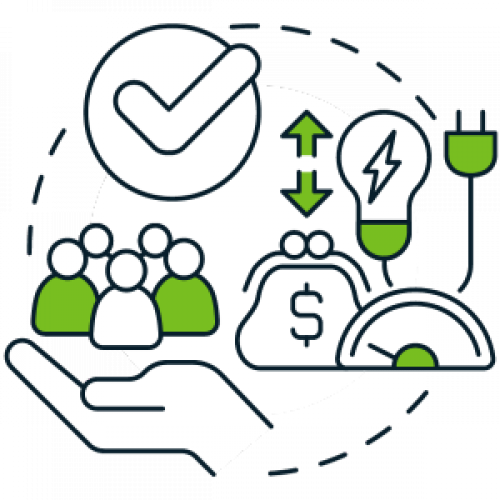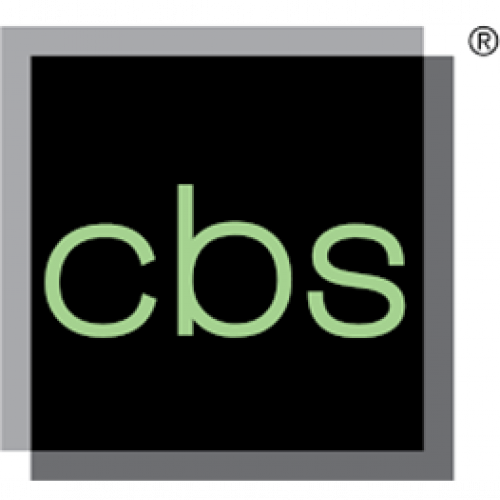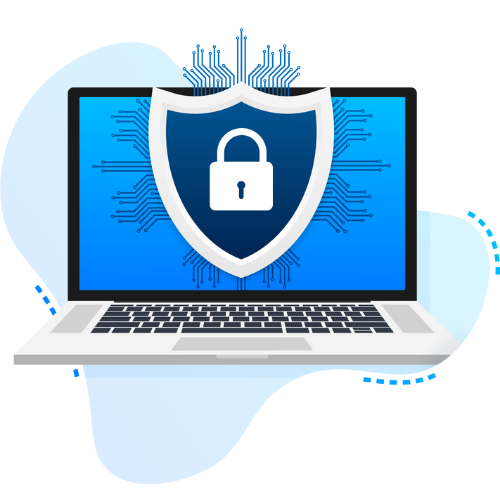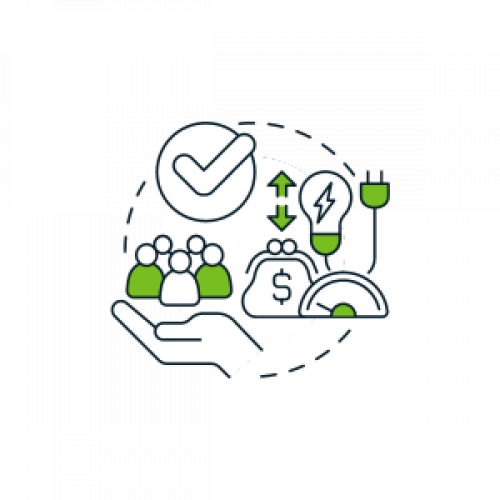Security Center
We work hard to keep your account & information safe. Check here for important advice on how you can avoid scams and stay secure. Report any suspicious activity directly to the Federal Trade Commission.
How We Keep You Safe
We Watch 24/7 for Suspicious Activity
Using powerful artificial intelligence and human review, we make sure account access and transactions are legitimate and compliant.
Ability to Quickly Report Suspicious Transactions
If you notice something is amiss, you can call us 24/7, 365 days a year. We will investigate and resolve the issue as quickly as possible.
Resources
Pathways Cards
Credit & Debit Lost/Stolen
Credit Customer Service
Debit Customer Service
1-800-908-4490
Credit Bureaus
Experian
Equifax
Transunion
Fraud Resources
Some members are experiencing fraudulent phone calls from an individual who claims to be representing the Pathways Financial Credit Union fraud department. The fraudster is using deceptive methods to spoof the phone number, creating the illusion that the phone call originates from Pathways.
During the phone call, the fraudster asked members to provide the last 8 digits of their card number and their expiration date.
Please be aware that this type of phone call is fraudulent and not affiliated with Pathways in any way. Pathways Financial Credit Union will never call you and ask for PIN numbers, 2-factor authentication codes, online banking login information, email passwords, or more than the last four digits of your card number. We will only ask you to verify your personal information when YOU call us directly.
If you suspect that you have received a suspicious phone call, we urge you to take immediate action. Ask for the caller's name, hang up, and immediately reach out to our member service department at 614-416-7588. Our team will be more than happy to verify the information for you and provide necessary guidance. Your security is our top priority, and we're here to assist you every step of the way.
Thank you for helping us keep your accounts safe!
We wanted to make you aware of a recent counterfeit check scam [LINK TO NEWS ARTICLE] that has affected some of our members. It has come to our attention that individuals may be receiving fraudulent communications from a company called The Group, LLC, offering a work-from-home opportunity.
Here's how it works: Fraudsters are sending out offer letters detailing positions, salaries, benefits, confidentiality agreements, and including counterfeit checks allegedly issued by Pathways Financial Credit Union. We want to emphasize that these activities are in no way affiliated with Pathways Financial Credit Union and that these checks are fraudulent.
If you suspect that you have received communication like this or a counterfeit check, we urge you to take immediate action.
Please gather all relevant documentation and contact our Member Service Department at 614-416-7588.
Our dedicated team is committed to assisting you through this process. We will verify the information for you and provide the necessary guidance to navigate this situation effectively. Your security is our top priority, and we are here to support you every step of the way.
Please remember to remain vigilant and report any suspicious activity right away.
Thank you for helping us keep your deposits safe and sound.
Pathways has observed a worrying surge in sophisticated fraud attempts targeting our members. These scams, often cloaked in the guise of legitimate communications, pose a significant threat to the financial health and personal security of individuals. To combat this troubling rise, we have created a guide page devoted to monitoring and sharing these active scams with you, so you are aware and prepared to protect yourself should you encounter them.
Understanding Digital Fraud: An Overview
- A comprehensive introduction to the various forms of digital fraud, including phishing, identity theft, and malware attacks.
- Source: Federal Trade Commission (FTC) - Understanding Digital Fraud
Stay Safe Online - National Cyber Security Alliance
- Offers simple, straightforward advice on how to protect yourself online, with resources tailored for older adults.
- Link: Stay Safe Online
Recognizing Phishing Attempts:
- Tips and tricks on how to spot phishing emails, texts, and calls that may lead to fraud.
- Source: Cybersecurity & Infrastructure Security Agency (CISA) - Phishing Infographic
Digital Literacy Project
- This initiative provides tutorials and articles aimed at helping users of all ages increase their understanding of digital safety and privacy.
- Link: Digital Literacy Project
Latest Scam Alerts and Reports:
- Updates on recent scams as reported by consumers and financial institutions.
- Source: Consumer Financial Protection Bureau (CFPB) - Fraud & Scams
AARP Fraud Watch Network
- Aimed particularly at older adults, AARP's Fraud Watch Network sends out regular alerts about scams and frauds that are targeting seniors, including the latest tricks scammers are using.
- Link: AARP Fraud Watch Network
Better Business Bureau (BBB) - Scam Tracker
- The BBB Scam Tracker is a crowd-sourced tool that allows consumers to report scams and see what scams are happening in their area or across the country.
- Link: BBB Scam Tracker
National Cybersecurity and Communications Integration Center (NCCIC)
- Part of CISA, the NCCIC publishes bulletins and alerts on cybersecurity issues, including ongoing scam campaigns.
- Link: CISA Current Activity Alerts
Best Practices for Online Banking Security:
- Guidelines for maintaining strong passwords, enabling two-factor authentication, and monitoring account activity.
- Source: American Bankers Association (ABA) - Safe Online Banking Tips
Fraud Prevention Checklists:
- A downloadable checklist for everyday use to prevent falling victim to common fraud schemes.
- Source: National Credit Union Administration (NCUA) - Fraud Prevention Center
Identity Theft: What It Is and How It Happens
- An in-depth look into the nature of identity theft, common tactics used by thieves, and the impact it can have on victims.
- Source: Federal Trade Commission (FTC) - About Identity Theft
Preventing Identity Theft: Best Practices
- Strategies for safeguarding personal information online and offline to prevent identity theft.
- Source: Federal Trade Commission (FTC) - Protecting Your Identity
Fraud Alerts and Credit Freezes
- Explanations on how to place fraud alerts or freeze credit to prevent further damage.
- Source: Federal Trade Commission (FTC) - Credit Freeze FAQs
Identity Theft Recovery Plans:
- Step-by-step advice on what to do if you’re a victim of identity theft.
- Source: Federal Trade Commission (FTC) - Identity Theft Recovery Steps
Important Resources
Cybersecurity Resources for Older Adults
National Council on Aging (NCOA) - Senior Fraud Prevention Toolkit
Cybersecurity Resources for Youth
National Cyber Security Alliance (NCSA) - StaySafeOnline
Federal Communications Commission
1-888-225-5322 | 1-888-835-5322 (TTY)
Consumer & Gov’t Affairs
Federal Trade Commission
1-877-438-4338
1-866-653-4261 (TTY)
IRS
Taxpayer Guide to Identity Theft
1-800-908-4490
Consumer Financial Protection Bureau
The latest federal information on consumer protection - Consumer Financial Protection Bureau (consumerfinance.gov)
Keep Yourself Safe
Fraud Detection Techniques and Tools

Current Scams & Fraud to Avoid

Avoiding Scams

FTC Consumer Protection Notices
- FTC Action Leads to Industry Ban for Ringleader of Student Loan Debt Relief Scam
- Proposed FTC Order will Prohibit Telehealth Firm Cerebral from Using or Disclosing Sensitive Data for Advertising Purposes, and Require it to Pay $7 Million
- FTC Finalizes Order with X-Mode and Successor Outlogic Prohibiting it from Sharing or Selling Sensitive Location Data
- Alcohol Addiction Treatment Firm will be Banned from Disclosing Health Data for Advertising to Settle FTC Charges that It Shared Data Without Consent
- FTC Sends Refunds to Former AT&T Wireless Customers Who Were Subject to Data Throttling
- FTC Issues Report to Congress on Collaboration with State Attorneys General
- FTC Sends $1.2 Million in Refunds to Consumers Harmed by Deceptive Investment Claims
- FTC Announces Winners of Voice Cloning Challenge
- FTC Issues Third Report on E-Cigarette Advertising and Sales in the U.S.
- FTC Sends Nearly $62 Million in Refunds to Sellers Deceived by Online Real Estate Listing Service Opendoor Labs
Always remember
Unless you are working with a Member Service Representative on a loan or account-related issue, Pathways will never solicit personal information (including Social Security numbers, online banking passwords/usernames, personal identification numbers, or account numbers) over the phone, by email, or through text messaging. We ask you to please be aware of all types of solicitation inquiring about sensitive information. If you receive a phone call, email, text message, or any other form of solicitation requesting your personal information, please contact us immediately.




























